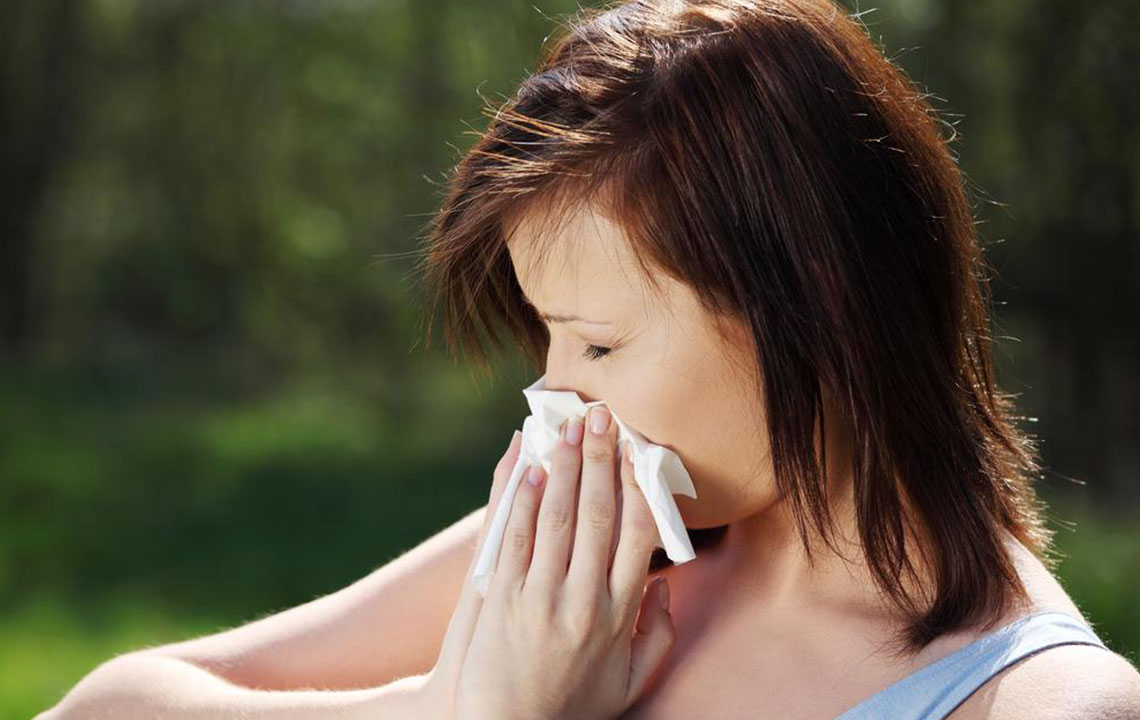Essential Facts About Allergies and Effective Management Strategies
Learn essential facts about allergies, their causes, symptoms, and effective management strategies. Discover how to identify triggers through testing and explore treatment options including medications, immunotherapy, and natural remedies. Practical tips for avoiding common allergens and improving quality of life are also discussed, helping sufferers reduce symptoms and prevent severe reactions such as anaphylaxis.

Essential Facts About Allergies and Effective Management Strategies
When foreign substances enter the body, the immune system may respond with an allergic reaction. These substances, known as allergens, include foods, pet dander, pollen, mold, and certain medications. Our immune defenses work to protect us from germs and harmful agents, but sometimes they overreact to harmless substances, producing antibodies that lead to symptoms like sneezing, skin rashes, and nasal congestion.
Overview
Atopy refers to a person's tendency to develop allergic responses. When the immune system encounters certain substances, it overreacts, mistaking harmless things like pollen or pet dander as threats. These reactions are caused by allergens, such as dust mites, pollen, animal proteins, specific foods, molds, and certain medicines. In the U.S., approximately 10-30% of the population experiences allergies, with nasal allergies affecting around 20% of Americans.
Asthma, often linked to allergic reactions, impacts over 25 million Americans, costing society about $50 billion annually due to healthcare, missed work, and school days. Food allergies affect about 8% of children and 5% of adults. Allergic responses involve the production of immunoglobulin E (IgE) antibodies and T-cell activation, which trigger inflammation and allergy symptoms. Severe reactions like anaphylaxis can cause breathing difficulties, swelling, and loss of consciousness, requiring immediate medical attention.
Preventing allergies primarily involves avoiding known allergens, although it isn't always feasible. Adopting an elimination diet, checking food labels, and avoiding known triggers during seasonal periods can help manage food and airborne allergies. Using air purifiers, regularly cleaning your environment, and avoiding fragrance products can reduce exposure to common airborne allergens like dust and pollen. Allergy testing, through skin or blood tests, helps identify specific triggers to tailor management strategies.
To treat allergies, options include medications such as antihistamines and corticosteroids, allergen immunotherapy via injections or sublingual tablets, and emergency epinephrine for severe reactions. Lifestyle modifications and trigger avoidance are vital components of managing allergies effectively. Natural remedies like saline nasal irrigation and maintaining a dust-free environment can also provide relief, especially for sinus and airborne allergies.
Common allergen triggers include dust mites, pet dander, insect stings, and mold. Measures like using allergen-proof covers, cleaning bedding frequently, reducing moisture, and avoiding close contact with pets can significantly reduce exposure. For insect allergies, staying away from stinging insects and carrying emergency medication are advised. Recognizing and managing these triggers can greatly improve quality of life for allergy sufferers.










